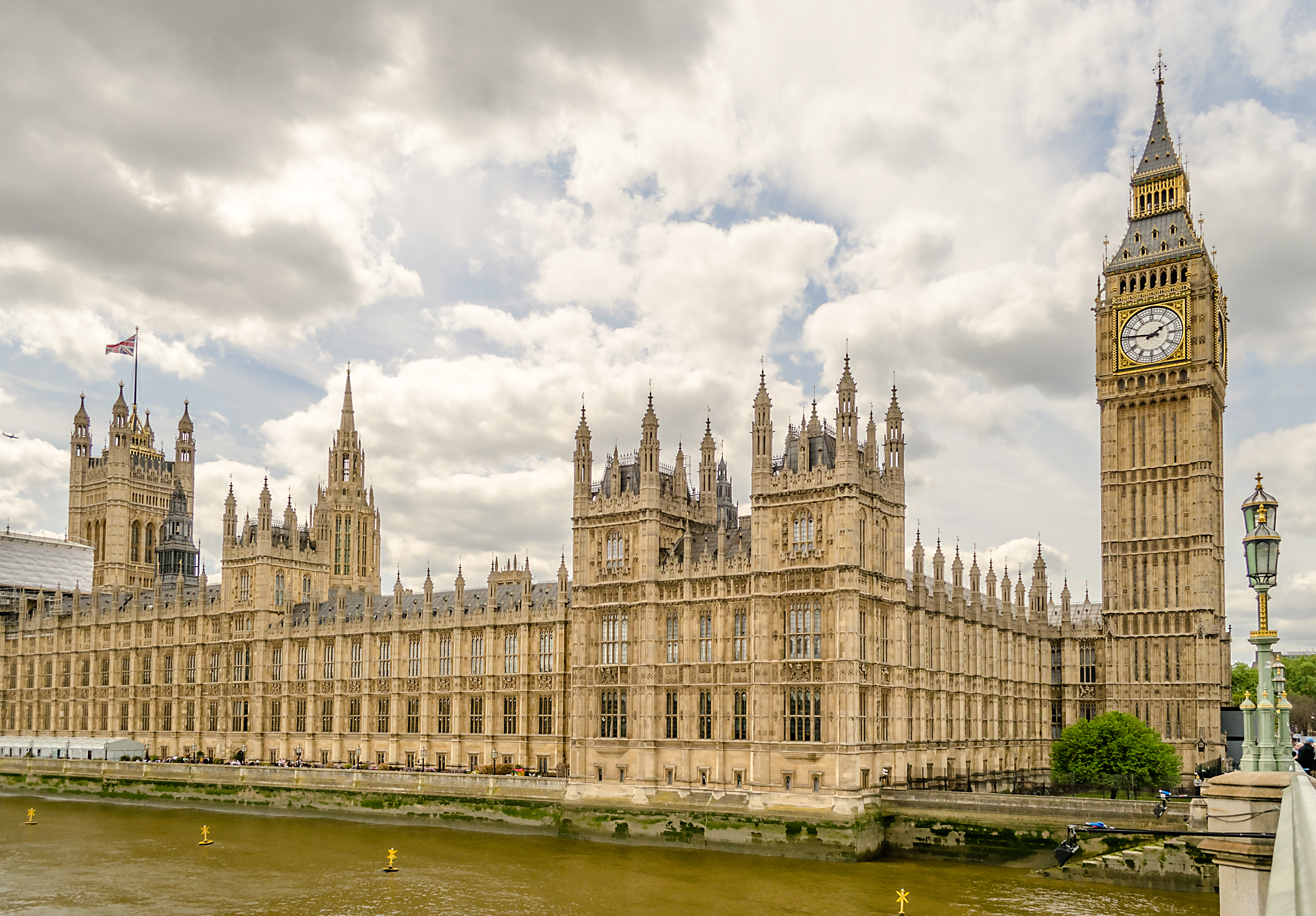
Spotlight on the UK Parliament committees seeking evidence (views) on the UK’s trade negotiations (14 August 2020)
In March 2020, the Committee on the Future Relationship with the European Union launched an “overarching inquiry” into all aspects of the negotiations between the UK and EU. The Committee welcomes written evidence addressing, in particular, the priorities for the UK and for the EU in the negotiations, and how the interests of different sectors of the economy and parts of the UK should be balanced. It also asks which aspects of the future relationship could be negotiated after the transition period. The Committee is accepting evidence until 31 December 2020.
In April 2020, a new Sub-Committee of the House of Lords’ European Union Committee (the International Agreements Sub-Committee) was established to consider “matters relating to the negotiation and conclusion of international agreements”. This includes the new post-Brexit trade agreements the Government is negotiating. The first report issued by the European Union Committee since the establishment of the new International Agreements Sub-Committee noted the “importance of engagement”, including with stakeholders, and observed that “[e]ffective scrutiny [by Parliament of international agreements] requires that those who are affected by international agreements as well as experts have the chance to comment on the consequences of any agreement.” It therefore committed to “issue public calls for evidence on all agreements which are potentially legally, politically, or economically important” and encouraged “all interested stakeholders to contribute”.
Further to this commitment, the International Agreements Sub-Committee is currently undertaking four separate inquiries into the UK’s ongoing trade negotiations: those with the US, Japan, Australia and New Zealand. Each of the inquiries will run for the duration of the corresponding negotiations, albeit that the Committee sets specific deadlines for particular phases of their inquiries. The deadlines for submissions, as well as highlights of the questions asked relating to investment protection, are set out below:
- The UK-Japan trade negotiations inquiry is currently accepting written evidence from interested parties until 31 August 2020. The current focus of the inquiry is on the Government’s aims and objectives, the progress of negotiations, and the possible impacts of a final deal for people and businesses across the UK. As part of this, questions posed by the Sub-Committee include: “How might a trade deal with Japan help the UK to join the Comprehensive and Progressive Agreement for Trans-Pacific Partnership (CPTPP) and what benefits would there be in joining?”; “How might Japanese investment in the UK be impacted by a UK-Japan trade agreement, and what provisions should be included in order to maintain or attract Japanese investment?”; and “What investor-state dispute settlement (ISDS) arrangements do you think would be appropriate in this deal? What are the possible risks or opportunities for the UK in negotiating any ISDS arrangements?”
- Evidence may be submitted to the UK-Australia and UK-New Zealand trade negotiations inquiries until 21 September 2020. Like the UK-Japan trade negotiations inquiry, these inquiries are currently focused on the Government’s aims and objectives, the progress of negotiations, and the possible impacts of a final deal for people and businesses across the UK. Again, like the UK-Japan inquiry, these inquiries both pose the question of how trade deals with Australia and New Zealand might help the UK to join the CPTPP. They also ask what benefits there may be in joining the CPTPP.
- The UK-US trade negotiations inquiry is currently accepting evidence until 25 September 2020 on the topics of environment and climate change, intellectual property, and regulation and standards. In this regard, in relation to investment protection, the inquiry asks witnesses for evidence, inter alia, on whether investor protections, in particular ISDS mechanisms, could affect domestic environmental regulation.
The Inquiry of the Committee on the Future Relationship with the European Union into the progress of the negotiations on the UK’s Future Relationship is available here.
The European Union Committee’s 11th Report on Treaty scrutiny: working practices, 10 July 2020, is available here. Further details of each of its four inquiries set out above is available here.
For further information, please contact Stephen Fietta or Laura Rees-Evans.
